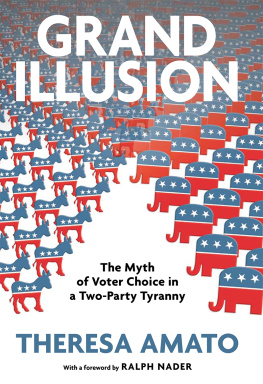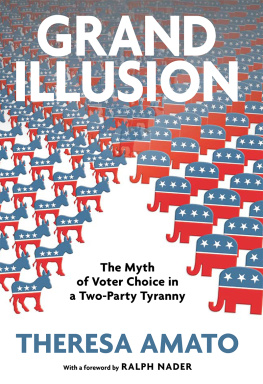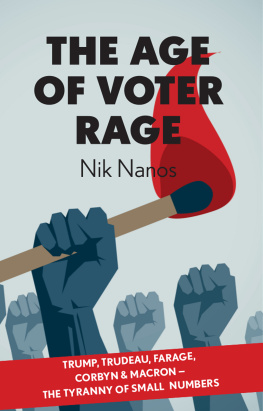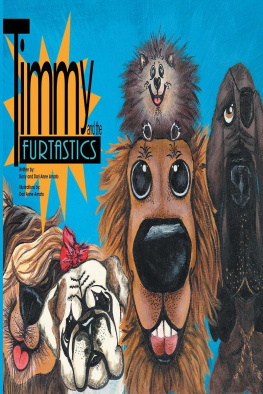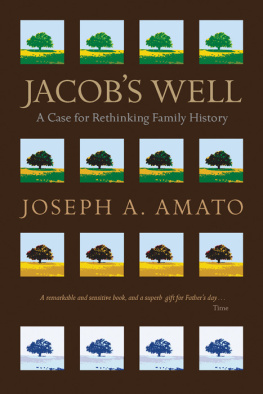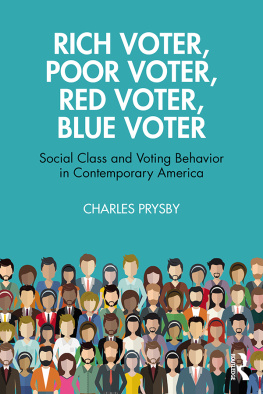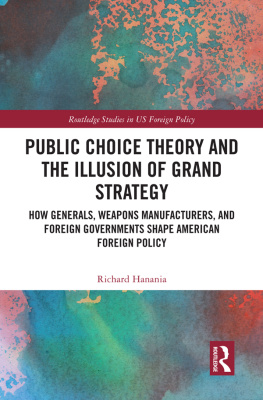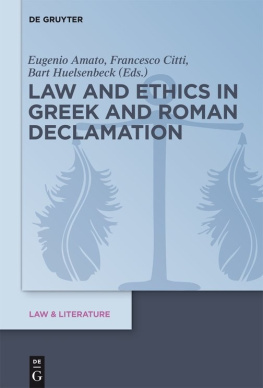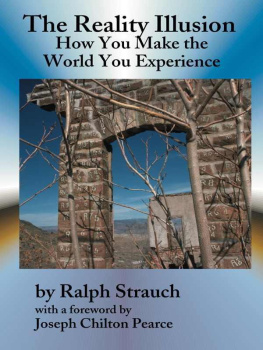2009 Theresa Amato
All rights reserved.
No part of this book may be reproduced, in any form, without written permission from the publisher.
Requests for permission to reproduce selections from this book should be mailed to: Permissions Department, The New Press, 38 Greene Street, New York, NY 10013.
Published in the United States by The New Press, New York, 2009
Distributed by Perseus Distribution
LIBRARY OF CONGRESS CATALOGING-IN-PUBLICATION DATA
Amato, Theresa A.
Grand illusion : the myth of voter choice in a two-party tyranny / Theresa Amato.
p. cm.
Includes bibliographical references and index.
ISBN 978-1-59558-394-9 (hc. : alk. paper) 1. Political partiesUnited States.
2. Two party systemsUnited States. 3. VotingUnited States. I. Title.
II. Title: Myth of voter choice in a two-party tyranny.
JK2265.A67 2009
324.273dc22
2009000593
The New Press was established in 1990 as a not-for-profit alternative to the large, commercial publishing houses currently dominating the book publishing industry. The New Press operates in the public interest rather than for private gain, and is committed to publishing, in innovative ways, works of educational, cultural, and community value that are often deemed insufficiently profitable.
www.thenewpress.com
Foreword
by Ralph Nader
Party is not mentioned in the Constitution. George Washington and Thomas Jefferson, among other Founders, despised political parties, calling them factions bent on self-perpetuating their own narrow interests.
How prescient were these Founders! Today the country is saddled with a two-party dictatorship that commercializes elections, picks its own voters by gerrymandering most congressional districts into one-party-dominated enclaves, and proceeds to turn our federal governmentdepartment by departmentover to the control of big business.
The consequences of subordinating civic democratic values to the supremacy of corporate, commercial dictates are lethal to the objectives of justice and freedom that our Constitution reserved for We the People. Where the Republicans and Democrats manage to offer voters a two-candidate choice, they increasingly have been converging their agendas, policies, and taboos closer together. After all, they are dialing for the same commercial dollars from corporate lobbies and executives.
What remains to challenge this two-party duopoly are third-party and independent candidates who have had to surmount the highest barriers to getting on the ballot in many states since our Republic was founded. During the nineteenth and early twentieth centuries, these parties and candidates could place themselves on the ballot with few restrictions, if any. With each election cycle, additional draconian barriers, partisan judges, and harassing litigation are employed against candidates viewed by one or the other major parties as affecting margins in this winner-take-all duopoly system.
This book takes a hard, firsthand look at the neglected but serious violations of civil rights and civil liberties that deny voters more choices of candidates and deny more candidates their desire to give voters such choices. Year after year of two-party domination has created an aura of inevitability, through passage of restrictive laws and exclusions from debates, that daunts both the expectations of voters and the willingness of candidates to confront these costly and draining hurdles so as to generate a competitive electoral democracy.
Our minds need to be liberated and our expectations launched to higher levels if we are to grasp how suppressive electoral conditions have become in the pretentious democratic image that the U.S. government presents to the rest of the world. The last major frontier of systemic political bigotry is that directed against the ballot access rights of minor-party or independent candidates. As was the case decades ago with minority voters, this bigotry is entrenched in law, tolerated by lawmakers, accepted by most of the media, and largely ignored by the federal judiciary. There is an additional prejudice in the minds of many voters partisan to one or the other of the major parties, including those who vote for whom they perceive to be the least worst of the two. Wittingly or unwittingly, they lash out and demand that the smaller upstarts, who may take away votes from their least-worst choice, not runthat is, not speak, petition, or assemble inside elections.
Do they know how censorious their suppressive words are? Do they realize they are demanding that these potential or actual candidates not exercise their First Amendment rights? Dont they see that they are captives of this 220-year-old winner-take-all Electoral College system and that the course of freedom of speech is to break out of that prison through long-advanced electoral reforms? Are they not glad that some citizens went to the polls in the nineteenth century and declined to be least-worst voters between the Democrats and the Whigs or between the Democrats and the Republicans on the matter of slavery, womens right to vote, or the historic efforts to start expanding justice for industrial workers and farmers? Some of the voters, having choices on the ballots, were able to pioneer these critical shifts in power that jump-started national agendas sooner because of the efforts of parties and candidates who never won a national election and only rarely a state election.
I wrote my first article in 1958 on the many barriers to third-party and independent candidates erected by the Republican and Democratic parties in state after state through their legislatures. Recalling my words in that edition of the Harvard Law Record , I never dreamed that the situation today would be much worsehigher signature requirements for ballot access and scores of other obstructions, regulatory trapdoors, and arbitrary power exercised by partisan government officials. The more third-party and independent candidates overcome the obstaclesat great cost and time to them in particular statesthe more the two-party duopoly raises the bar for the next election or tries in various ways to bully away any competitive challenge to its rooted hegemony.
Such candidate rights under existing legislative, executive, and judicial frameworks are reminiscent of the plight of minority voter rights back in the 1920s, 1930s, 1940s, and 1950s. Then the statutes were stacked against African Americans in many states, along with the biased decisions and inflammatory language of judges, secured by the executive glue of the respective secretaries of state.
There is little or no official or public recognitionand inadequate sensitivity even by most civil liberties advocatesthat more voices and choices by diverse candidates clearly give voter rights more meaning as well. In short, candidate rights and voter rights to express their First Amendment freedoms of speech, petition, and assembly are inextricable. After all, Western observers were often treated to the Soviet Unions boasting over 90 percent voter turnout, but they were not fooled because there was only one candidate on each ballot line.


